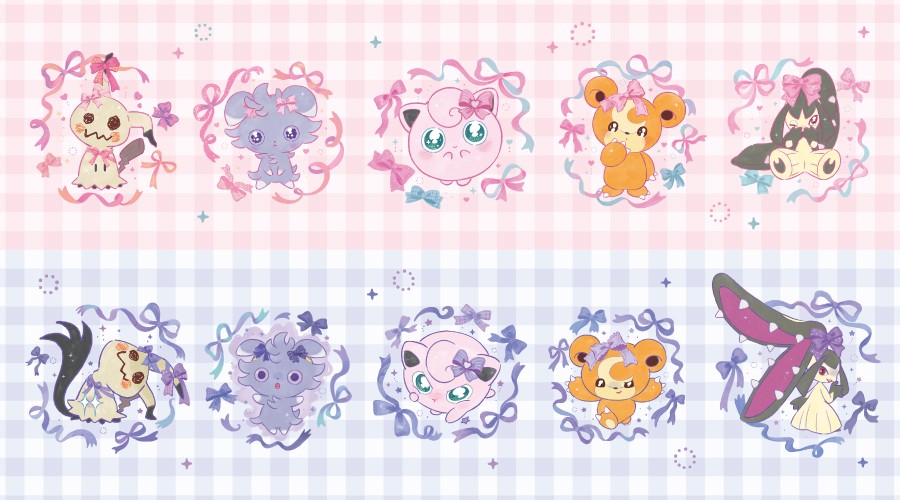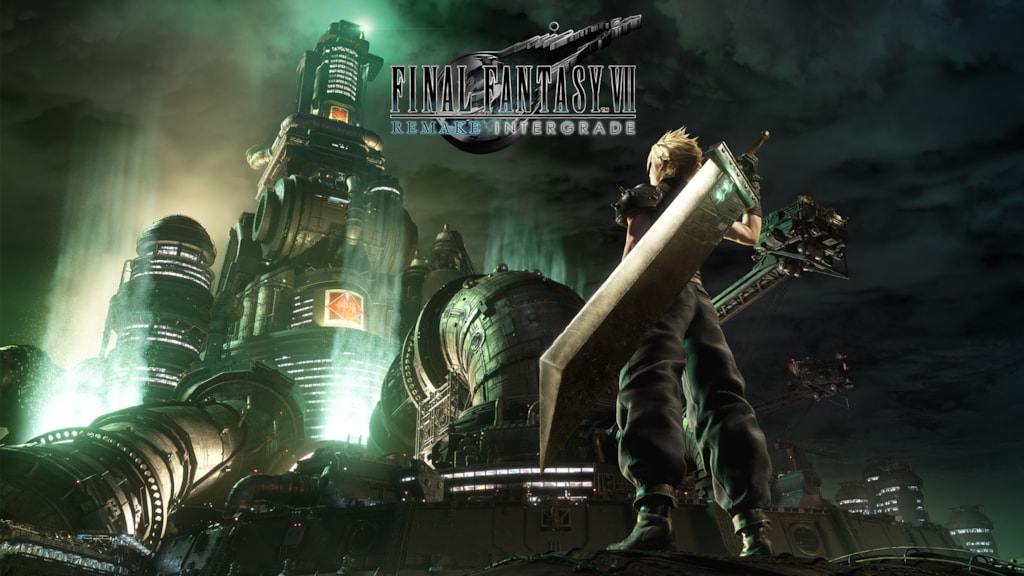Nintendo has long maintained a zero-tolerance stance toward unauthorized modification of its hardware, pursuing legal action against individuals and groups who attempt to circumvent its security measures.
The recent conclusion of Japan’s first criminal case involving the sale of modified Nintendo Switch consoles showcases a notable development in the enforcement of anti-piracy laws within the nation’s burgeoning video game market. In January 2024, Fumihiro Otobe, a 58-year-old transportation worker, became the first person in Japan arrested for selling altered Nintendo Switch systems.
According to a report from NTV News, Otobe confessed to the charges immediately after police discovered four Nintendo Switch consoles fitted with soldered circuit boards at his residence.
Otobe reportedly told investigators he was "interested to see if people would think more highly of him for selling customized hardware." Authorities uncovered evidence that the modified consoles were being sold online, bundled with 27 pirated game titles, at a price of around 28,000 yen—approximately £150 or $196 per unit. Despite the fact that Otobe's operation appeared to be limited in scope, the Japanese court delivered a clear message about the illegality of console piracy and hardware modification.
The verdict saw Otobe fined 500,000 yen (roughly £2,600 or $3,500) and sentenced to two years in prison, with the sentence suspended for three years.
This arrangement means Otobe will only serve time if he reoffends during this period.
While the penalty is far from trivial, industry observers have noted that it stands in stark contrast to previous high-profile international cases prosecuted by Nintendo. For comparison, in 2022, Gary Bowser—a member of the hacking group Team Xecuter—was ordered to pay $14.5 million in fines and sentenced to 30 months in U.S.
federal prison for his involvement in large-scale Nintendo Switch piracy.
U.S.
prosecutors asserted that Team Xecuter’s actions resulted in more than $65 million in losses for Nintendo and other video game companies over the course of seven years of operations.
Bowser’s penalties included restitution and monetary relief to Nintendo of America. The magnitude of Bowser’s case demonstrates the difference in scale and legal repercussions between organized piracy networks and smaller individual sellers like Otobe.
While both cases highlight efforts to protect intellectual property and maintain the security of platforms such as the Nintendo Switch, the Japanese court’s more lenient—but still substantial—sentence may reflect both the relative scale of the infraction and the evolving legal landscape around console modification in Japan. Nintendo’s ongoing vigilance against hardware modification, emulation, and copyright infringement underscores the company’s commitment to protecting its ecosystem.
As the Nintendo Switch continues to enjoy commercial success and as titles debut on the Nintendo eShop and via Nintendo Direct events, robust legal enforcement remains a key pillar in preserving the integrity of the brand and ensuring continued innovation in gaming hardware and software.
The recent conclusion of Japan’s first criminal case involving the sale of modified Nintendo Switch consoles showcases a notable development in the enforcement of anti-piracy laws within the nation’s burgeoning video game market. In January 2024, Fumihiro Otobe, a 58-year-old transportation worker, became the first person in Japan arrested for selling altered Nintendo Switch systems.
According to a report from NTV News, Otobe confessed to the charges immediately after police discovered four Nintendo Switch consoles fitted with soldered circuit boards at his residence.
Otobe reportedly told investigators he was "interested to see if people would think more highly of him for selling customized hardware." Authorities uncovered evidence that the modified consoles were being sold online, bundled with 27 pirated game titles, at a price of around 28,000 yen—approximately £150 or $196 per unit. Despite the fact that Otobe's operation appeared to be limited in scope, the Japanese court delivered a clear message about the illegality of console piracy and hardware modification.
The verdict saw Otobe fined 500,000 yen (roughly £2,600 or $3,500) and sentenced to two years in prison, with the sentence suspended for three years.
This arrangement means Otobe will only serve time if he reoffends during this period.
While the penalty is far from trivial, industry observers have noted that it stands in stark contrast to previous high-profile international cases prosecuted by Nintendo. For comparison, in 2022, Gary Bowser—a member of the hacking group Team Xecuter—was ordered to pay $14.5 million in fines and sentenced to 30 months in U.S.
federal prison for his involvement in large-scale Nintendo Switch piracy.
U.S.
prosecutors asserted that Team Xecuter’s actions resulted in more than $65 million in losses for Nintendo and other video game companies over the course of seven years of operations.
Bowser’s penalties included restitution and monetary relief to Nintendo of America. The magnitude of Bowser’s case demonstrates the difference in scale and legal repercussions between organized piracy networks and smaller individual sellers like Otobe.
While both cases highlight efforts to protect intellectual property and maintain the security of platforms such as the Nintendo Switch, the Japanese court’s more lenient—but still substantial—sentence may reflect both the relative scale of the infraction and the evolving legal landscape around console modification in Japan. Nintendo’s ongoing vigilance against hardware modification, emulation, and copyright infringement underscores the company’s commitment to protecting its ecosystem.
As the Nintendo Switch continues to enjoy commercial success and as titles debut on the Nintendo eShop and via Nintendo Direct events, robust legal enforcement remains a key pillar in preserving the integrity of the brand and ensuring continued innovation in gaming hardware and software.






